HIV/AIDS in South Africa:
The New Struggle
Outline
-
THE FACTS ABOUT HIV/AIDS
Outline
-
The Facts About HIV/AIDS
-
Historicizing the Disease in South Africa
Outline
-
The Facts About HIV/AIDS
-
Historicizing the Disease in South Africa
-
Thabo Mbeki & AIDS Denialism
Outline
-
The Facts About HIV/AIDS
-
Historicizing the Disease in South Africa
-
Thabo Mbeki & AIDS Denialism
-
Zackie Achmat & TAC
1. The Facts about hiv/aids
The disease
- Human immunodeficiency virus (HIV) damages CD4 lymphocytes
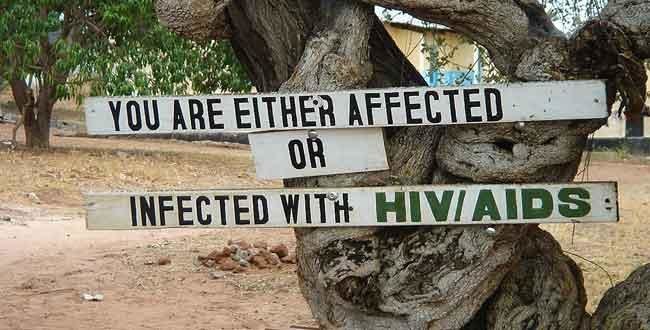
The disease
- Human immunodeficiency virus (HIV) damages CD4 lymphocytes
- CD4 cell counts drop below 200 per microliter of blood

The disease
- Human immunodeficiency virus (HIV) damages CD4 lymphocytes
- CD4 cell counts drop below 200 per microliter of blood
- Immune system unable to respond to infections

The disease
- Human immunodeficiency virus (HIV) damages CD4 lymphocytes
- CD4 cell counts drop below 200 per microliter of blood
- Immune system unable to respond to infections
- AIDS - Acquired Immune Deficiency Syndrome

The disease
- Human immunodeficiency virus (HIV) damages CD4 lymphocytes
- CD4 cell counts drop below 200 per microliter of blood
- Immune system unable to respond to infections
- AIDS - Acquired Immune Deficiency Syndrome
- HIV spread through sexual contact, blood, and breastfeeding

The disease
- Human immunodeficiency virus (HIV) damages CD4 lymphocytes
- CD4 cell counts drop below 200 per microliter of blood
- Immune system unable to respond to infections
- AIDS - Acquired Immune Deficiency Syndrome
- HIV spread through sexual contact, blood, and breastfeeding
- Shame, stigma, fear

Stigma - a social brand that marks disgrace, humiliation and rejection - remains the the most ineluctable, indefinable, intractable problem in the epidemic. Stigma is perhaps the greatest dread of those who live with AIDS and HIV - greater to many even than the fear of a disfiguring, agonizing and protracted death.
Edwin Cameron, Witness to AIDS
AIDS in 1989
USA most infected part of the world - 86,000 cases
-
Africa - 23,000 cases
-
World total - 145,000
Source: Grmek 1995; Becker and Denis 2006
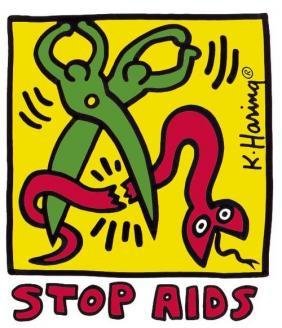
Hiv/aids in sub-Saharan africa
- Sub-Saharan Africa has over 71% of all HIV+ people in the world (but just over 12% of world pop.)
Source: 2011 UNAIDS Report/amFAR
Hiv/aids in sub-Saharan africa
- Sub-Saharan Africa has over 71% of all HIV+ people in the world (but just over 12% of world pop.)
- 75% of AIDS-related deaths occurred in Sub-Saharan Africa
Source: 2011 UNAIDS Report/amFAR
Hiv/aids in sub-Saharan africa
- Sub-Saharan Africa has over 71% of all HIV+ people in the world (but just over 12% of world pop.)
- 75% of AIDS-related deaths occurred in Sub-Saharan Africa
- 70% of new infections are in Sub-Saharan Africa
Source: 2011 UNAIDS Report/amFAR
Southern africa = center of hiv /aids pandemic
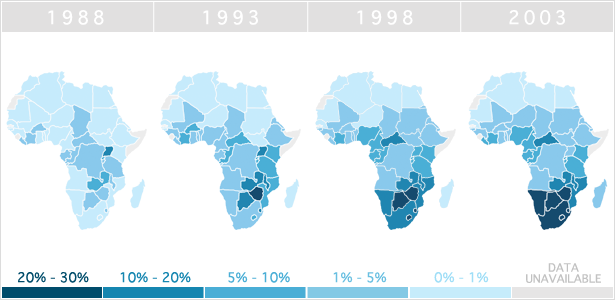
South Africa HAs largest number of HIV+ People in World
-
Total: 6.1 million (17.9%)
-
Women (15-49): 56%
-
-
AIDS deaths
- 220,000 in 2001
- 370,000 in 2003
- 310,000 in 2009
- 240,000 in 2012
-
2012: 2.5m orphans currently living in SA
NOTE: All figures are estimated.
-
HIV prevalence among adults:
- 1% in 1990
- 29.5% of women at prenatal clinics tested HIV+ in 2004
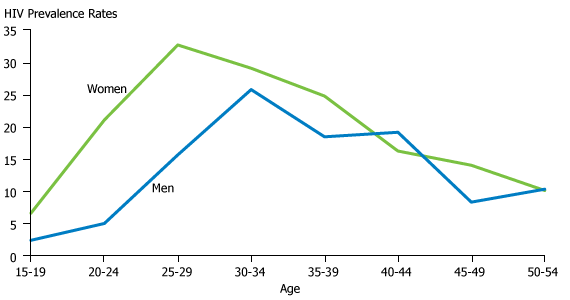
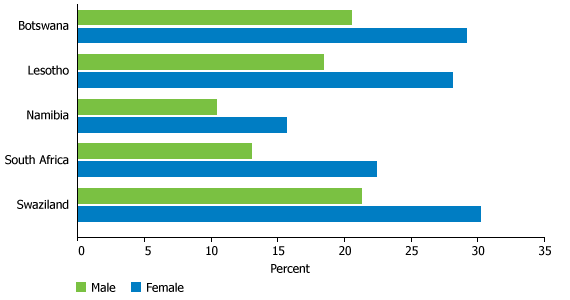
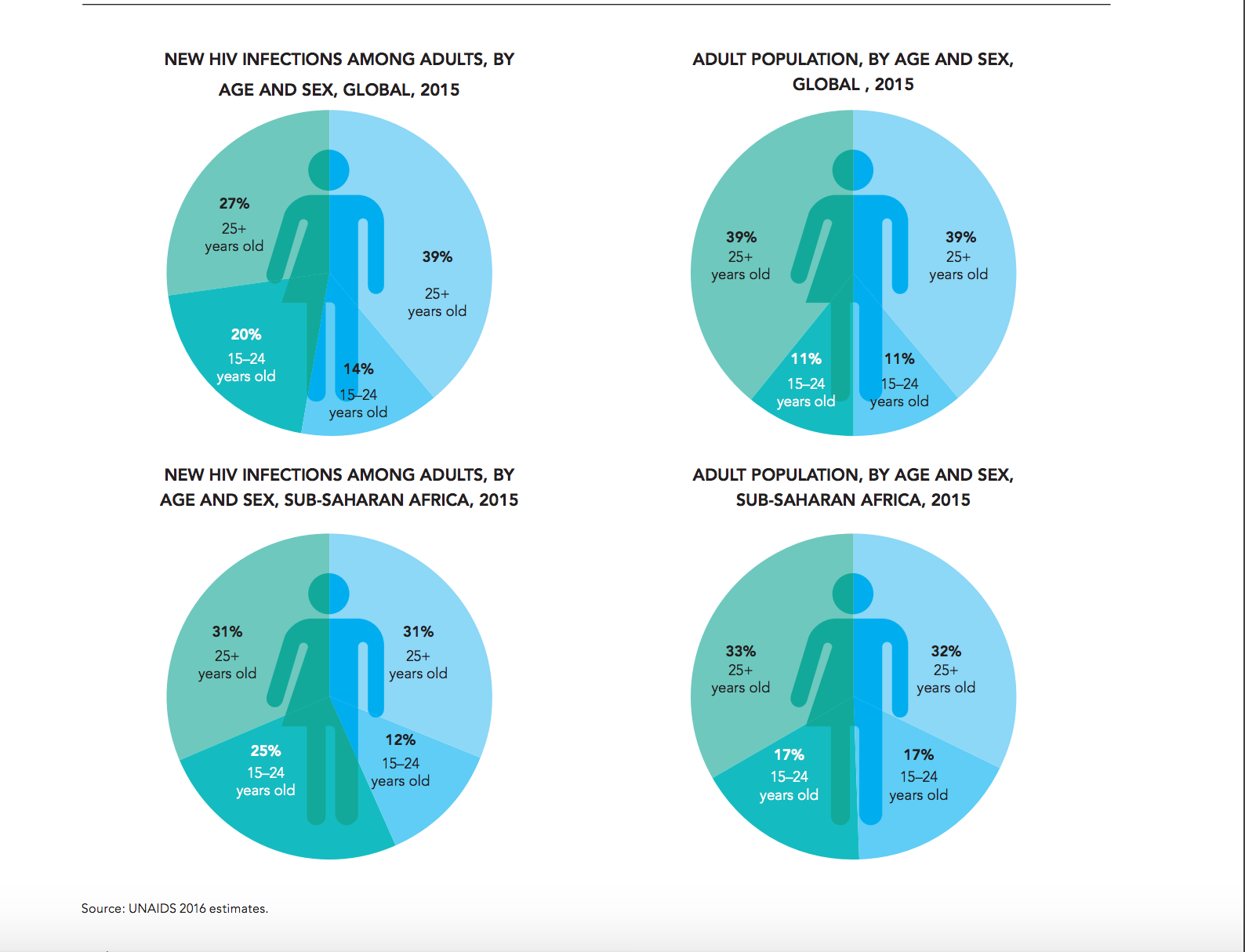
HIV prevalence trends among antenatal clinic attendees in South Africa: 1990-2000
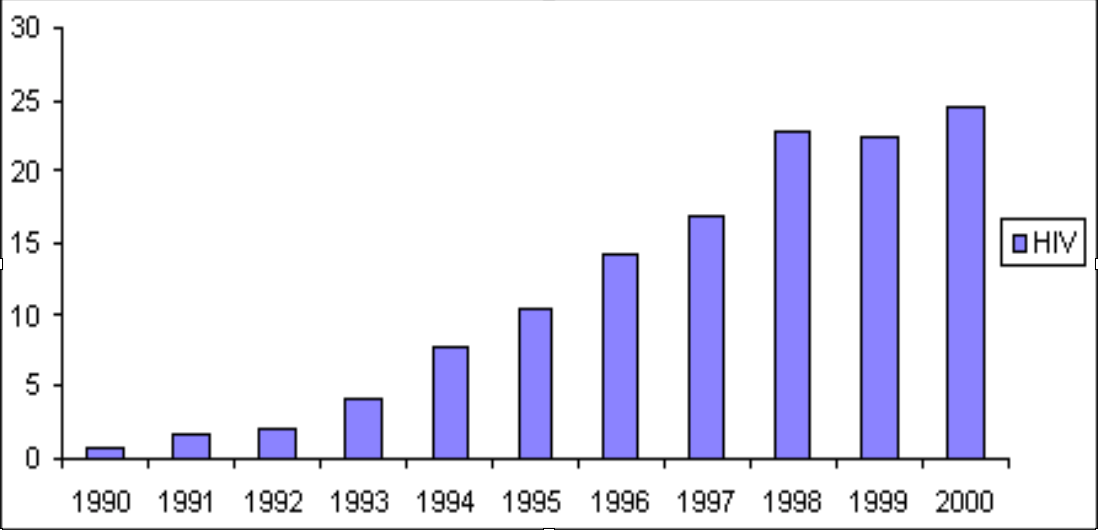
Source: Department of Health (Pretoria: 2000)
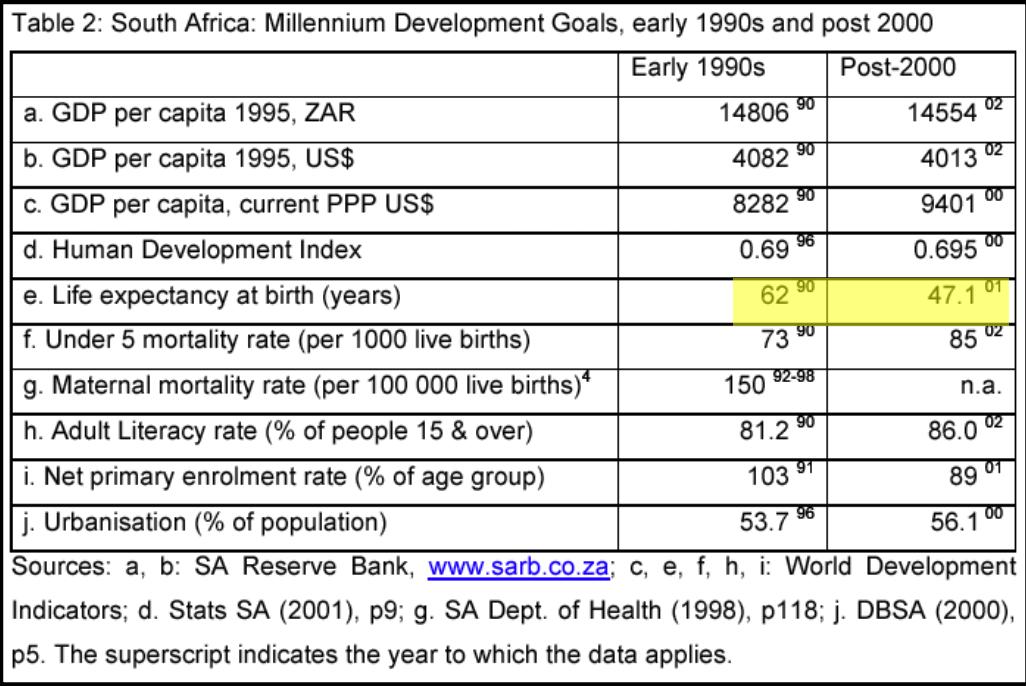
Historicizing the disease in south africa
Chris Hani
May 1991
We have a noble task ahead of us—reconstruction of our country. We cannot afford to allow the AIDS epidemic to ruin the realization of our dreams.

HIV/AIDS in late 1980s-early 1990s:
-
Legacy of apartheid-era health policies
HIV/AIDS in late 1980s-early 1990s:
-
Legacy of apartheid-era health policies
-
Fragmented & sporadic efforts from anti-apartheid coalition
HIV/AIDS in late 1980s-early 1990s:
-
Legacy of apartheid-era health policies
-
Fragmented & sporadic efforts from anti-apartheid coalition
-
Government had no legitimacy & little capability to deal with epidemic
HIV/AIDS in late 1980s-early 1990s:
-
Legacy of apartheid-era health policies
-
Fragmented & sporadic efforts from anti-apartheid coalition
-
Government had no legitimacy & little capability to deal with epidemic
-
Housing, unemployment, poverty, violence trumped AIDS as major concern
Youth attitudes
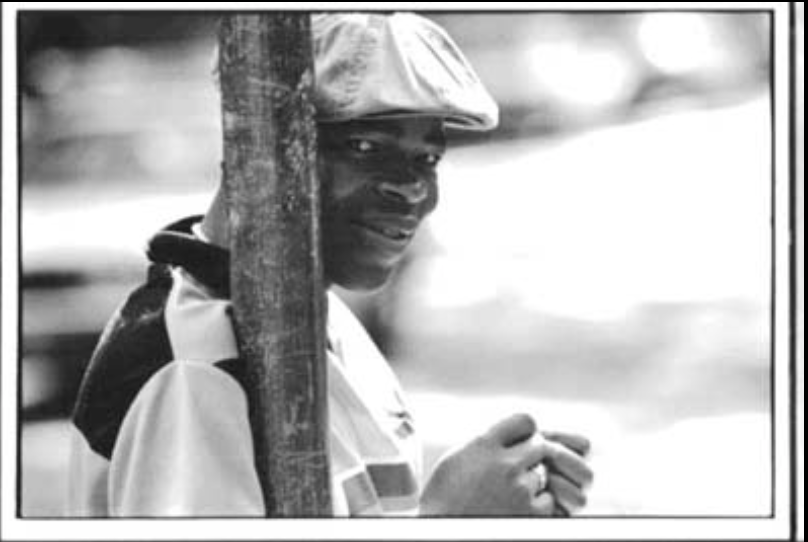
AIDS “almost a laughing matter. It’s a case of eat, drink and be merry, for tomorrow we die.”
I knew the conditions were right for the AIDS epidemic to happen...We had this low-grade civil war going on in KwaZulu-Natal between the two political parties, the Inkatha Freedom Party and the ANC. It disrupted community life terribly, so people didn't have any hope. I am sure there was a lot of sexual activity going on, because people didn't work about tomorrow. There was no knowing when someone was going to come and shoot you. People just got on with their lives and enjoyed themselves while they could. And a lot of taboos in society broke down.
Dr. James Muller, Edendale Hospital
SA Government policy
- 1992-93: National AIDS Coordinating Committee of SA (NACOSA) “Prevention, reduction of impact, and mobilization”
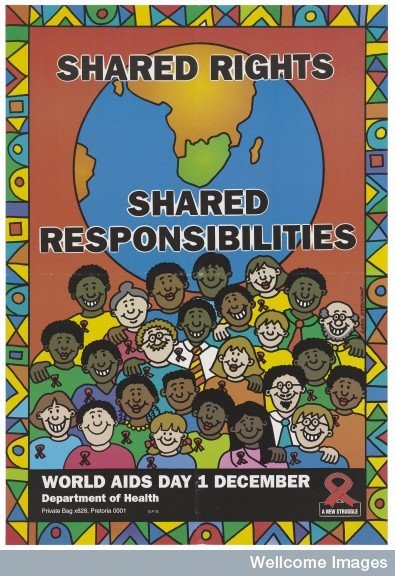
SA Government policy
- 1992-93: National AIDS Coordinating Committee of SA (NACOSA) “Prevention, reduction of impact, and mobilization”
- 1994: NACOSA strategy endorsed as national AIDS plan

SA Government policy
- 1992-93: National AIDS Coordinating Committee of SA (NACOSA) “Prevention, reduction of impact, and mobilization”
- 1994: NACOSA strategy endorsed as national AIDS plan
- Jurisdiction for AIDS plan given to Dept. of Health (lower priority)

SA Government policy
- 1992-93: National AIDS Coordinating Committee of SA (NACOSA) “Prevention, reduction of impact, and mobilization”
- 1994: NACOSA strategy endorsed as national AIDS plan
- Jurisdiction for AIDS plan given to Dept. of Health (lower priority)
- World Health Organization’s Global Program on AIDS (caused tensions)

1996: AIDS Plan Failing
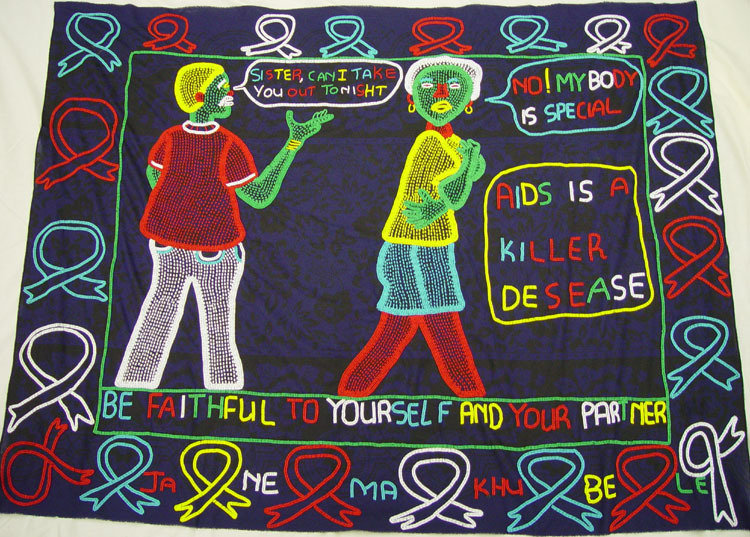
Thabo mbeki and aids denialism
Thabo Mbeki’s AIDS Policy
- Edwin Cameron about Mbeki (1996): “He really, really cared”
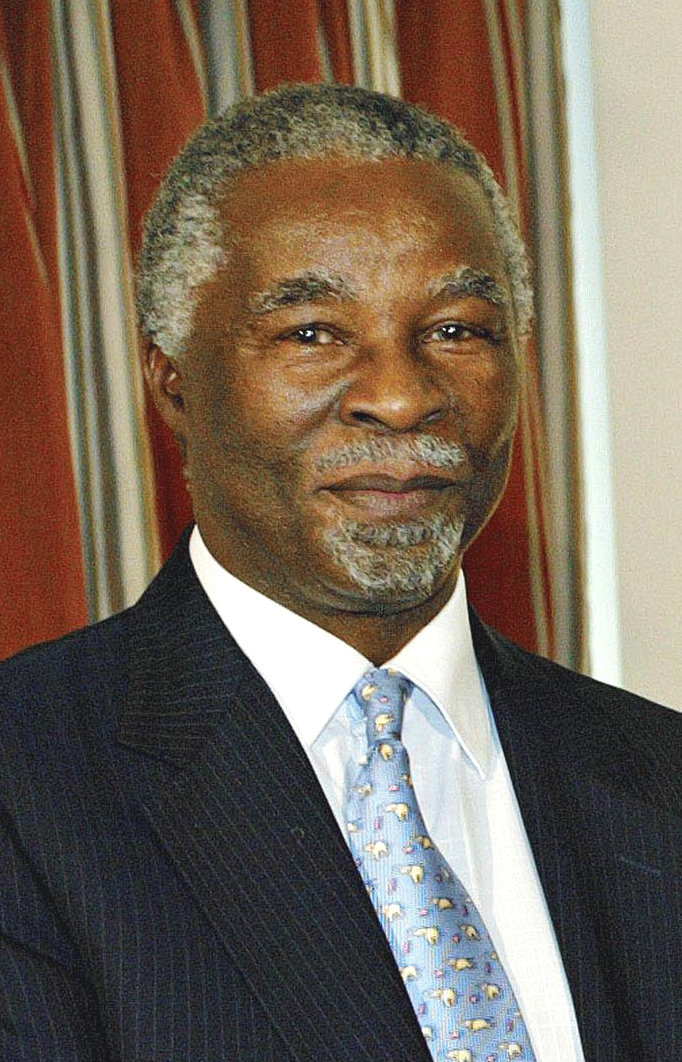
Thabo Mbeki’s AIDS Policy
- Edwin Cameron about Mbeki (1996): “He really, really cared”
- Late 1999-early 2000: Mbeki cast doubt on HIV causing AIDS.

Thabo Mbeki’s AIDS Policy
- Edwin Cameron about Mbeki (1996): “He really, really cared”
- Late 1999-early 2000: Mbeki cast doubt on HIV causing AIDS.
- Alleged toxicity of anti-retrovirals (ARVs)

Thabo Mbeki’s AIDS Policy
- Edwin Cameron about Mbeki (1996): “He really, really cared”
- Late 1999-early 2000: Mbeki cast doubt on HIV causing AIDS.
- Alleged toxicity of anti-retrovirals (ARVs)
- Linked himself to AIDS deniers

Thabo Mbeki’s AIDS Policy (cont'd)
- “Poverty was real cause of AIDS”

Thabo Mbeki’s AIDS Policy (cont'd)
- “Poverty was real cause of AIDS”
- 2000 Presidential Panel on AIDS

Thabo Mbeki’s AIDS Policy (cont'd)
- “Poverty was real cause of AIDS”
- 2000 Presidential Panel on AIDS
- Claimed AZT treatments too expensive; big pharma profiteering

The tragedy is that HIV/AIDS is not going to succumb to the machinations of the profiteering pharmaceutical companies and their propagandists. Like the marauders of the military industrial complex who propagated fear to increase their profits, the profit-takers who are benefiting from the scourge of HIV/AIDS will disappear to the affluent beaches of the world to enjoy wealth accumulated from a humankind ravaged by a dreaded disease.
Parks Mankahlana
President Mbeki’s spokesperson
(March 2000)

Denialism cont'd
- October 2000 Mbeki announced his withdrawal from “the public debate” on the science of HIV and AIDS.
Denialism cont'd
- October 2000 Mbeki announced his withdrawal from “the public debate” on the science of HIV and AIDS.
- Presidential Panel on AIDS reported in 2001: inconclusive. Criticized internationally.
Denialism cont'd
- October 2000 Mbeki announced his withdrawal from “the public debate” on the science of HIV and AIDS.
- Presidential Panel on AIDS reported in 2001: inconclusive. Criticized internationally.
- Mbeki went on to undermine the provision of nevirapine to HIV+ pregnant women (cheaper, fewer side effects than AZT).
Denialism cont'd
- October 2000 Mbeki announced his withdrawal from “the public debate” on the science of HIV and AIDS.
- Presidential Panel on AIDS reported in 2001: inconclusive. Criticized internationally.
- Mbeki went on to undermine the provision of nevirapine to HIV+ pregnant women (cheaper, fewer side effects than AZT).
- Mbeki relentlessly challenged HIV as cause for AIDS and whether medical treatment was helpful.
Manto Tshabalala-Msimang
Minister of Health (until 2008)
"...we must remember that ARVs are not a cure and they do have side-effects.”

Manto Tshabalala-Msimang
Minister of Health (until 2008)
"...we must remember that ARVs are not a cure and they do have side-effects.”
She said at the time (2004) that garlic, lemon, olive oil and beetroot "are absolutely critical—first of all to have a beautiful face and beautiful skin—but they also protect you from disease.”

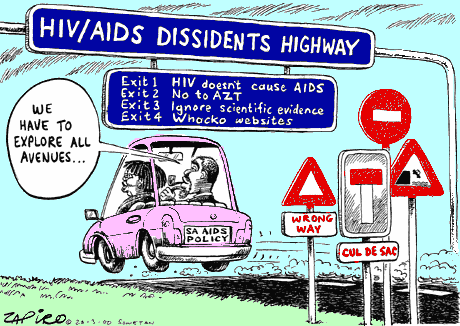
- Mbeki did not change his mind. In 2002 he sent 114-page e-mail to ANC colleagues (written mainly by Peter Mokaba)
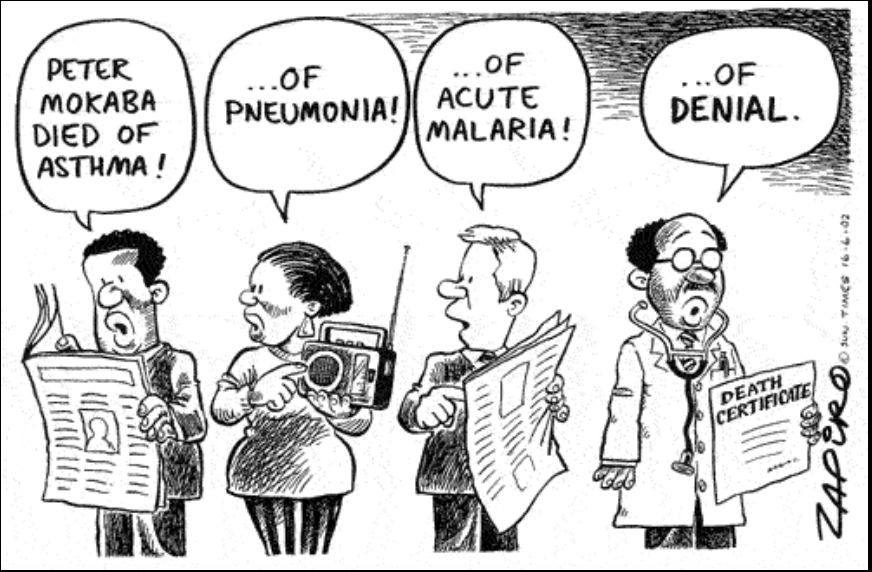
- Mbeki did not change his mind. In 2002 he sent 114-page e-mail to ANC colleagues (written mainly by Peter Mokaba)
- Attacked big pharma & “elitist” science of AIDS

- Mbeki did not change his mind. In 2002 he sent 114-page e-mail to ANC colleagues (written mainly by Peter Mokaba)
- Attacked big pharma & “elitist” science of AIDS
- Lashed out at racial stereotypes

zackie achmat and the treatment action campaign
important events
- 1998: Gugu Dlamini killed for revealing her HIV+ status
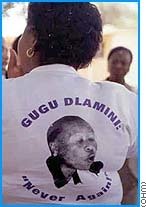
important events
- 1998: Gugu Dlamini killed for revealing her HIV+ status


- 1999: Edwin Cameron “comes out”
New Social Movements in South Africa
Definition:
Politically and/or socially directed collectives, often involving multiple organizations and networks, focused on changing one or more elements of the social, political, and economic system within which they are located.
Ballard, Habib, and Valoodia (2006)
New social movements
- Treatment Action Campaign (1998)
- Concerned Citizens Forum (1999)
- Anti-Privatization Forum, Soweto Electricity Crisis Committee; Anti-Eviction Campaign (2000)
- Landless People’s Movement; Coalition of South Africans for the Basic Income Grant; Education Rights Project (2002)
treatment action campaign
- The Treatment Action Campaign (1998) campaigns for greater access to HIV treatment for all South Africans, by raising public awareness and understanding about issues surrounding the availability, affordability and use of HIV treatments.
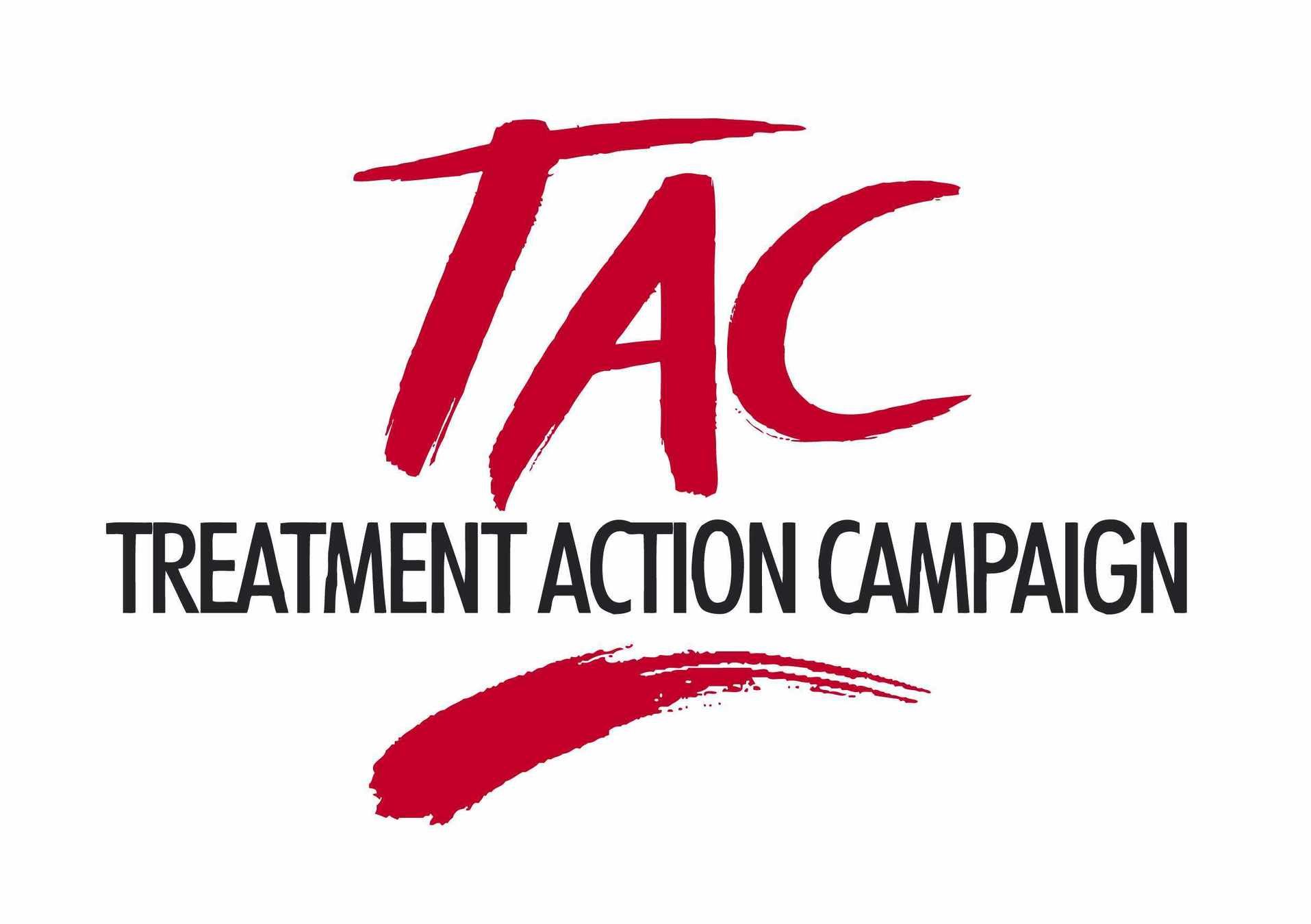
http://www.tac.org.za
treatment action campaign
- The Treatment Action Campaign (1998) campaigns for greater access to HIV treatment for all South Africans, by raising public awareness and understanding about issues surrounding the availability, affordability and use of HIV treatments.
- TAC sees cooperation and confrontation with the government as complementary strategies

http://www.tac.org.za
zackie achmat
zackie achmat
“The most important dissident in the country since Nelson Mandela”
(S. Power 2003)
zackie achmat
Achmat went on world’s first drug strike in 1999.
zackie achmat
Achmat went on world’s first drug strike in 1999.
I will not take expensive treatment until all ordinary South Africans can get it on the public health system. That probably means I will die a horrible death, even though medical science has made it unnecessary.
Zackie Achmat
SOUTH AFRICA’S BILL OF RIGHTS
27. Health care, food, water and social security
1. Everyone has the right to have access to:
- health care services, including reproductive health care;
- sufficient food and water;
- social security, including, if they are unable to support themselves and their dependants, appropriate social assistance.
- 2. The state must take reasonable legislative and other measures, within its available resources, to achieve the progressive realization of each of these rights.
3. No one may be refused emergency medical treatment.
In South Africa:
Health care is a right
tac and citizenship
Struggles to provide people with access to treatment for a deadly disease, but also seeks to transform members into active citizens & empower them.
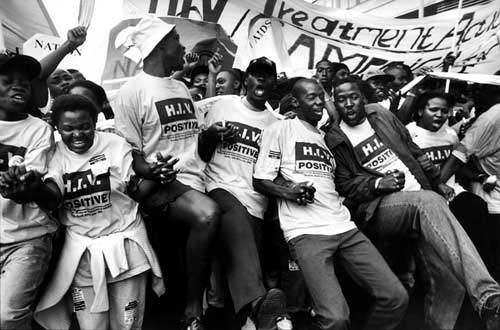
The difficult decision for me was not to take off my suit and go to the streets to fight for treatment. That was easy. The emotionally torturous thing for me to do was to recognize we had to take on the ANC. Our ANC.
Zackie Achmat
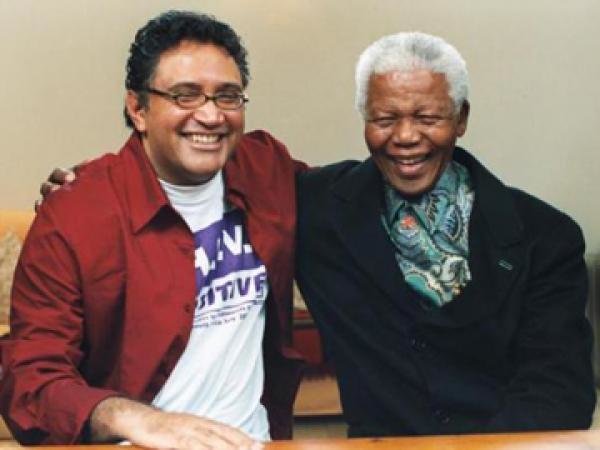
July 27, 2002: Nelson Mandela visited TAC chair Zackie Achmat at Achmat's house in Muizenberg, Cape Town. Mandela promised to take the treatment issue up with Government and praised Achmat as a role model. (“The Coronation.”)
- 2003: Constitutional Court ordered govt to provide access to ARVs in public hospitals. Huge victory! Achmat’s drug strike ended.
- 2003: Constitutional Court ordered govt to provide access to ARVs in public hospitals. Huge victory! Achmat’s drug strike ended.
- 2008: Cape High Court ruled in favor of TAC against all purveyors of untested & unregistered medicines, especially those selling so-called “cures” for HIV/AIDS.
SA President Jacob Zuma
(since May 2009)
HIV/AIDS Since 2009
-
Medical Male Circumcision in KwaZulu-Natal

HIV/AIDS Since 2009
-
Medical Male Circumcision in KwaZulu-Natal
-
Lingering discontent with government responses
to HIV/AIDS and TB

conclusion
- Historical context deeply influenced popular attitudes & government policies toward AIDS epidemic
conclusion
- Historical context deeply influenced popular attitudes & government policies toward AIDS epidemic
- AIDS not “just a disease,” but a multidimensional event shaped by politics, economics, culture, and biomedicine.
conclusion
- Historical context deeply influenced popular attitudes & government policies toward AIDS epidemic
- AIDS not “just a disease,” but a multidimensional event shaped by politics, economics, culture, and biomedicine.
- Freedom & Democracy in SA did not lead to an effective government HIV/AIDS response. Mbeki’s relentless challenge to HIV as a cause of AIDS played a key role.
conclusion
- Historical context deeply influenced popular attitudes & government policies toward AIDS epidemic
- AIDS not “just a disease,” but a multidimensional event shaped by politics, economics, culture, and biomedicine.
- Freedom & Democracy in SA did not lead to an effective government HIV/AIDS response. Mbeki’s relentless challenge to HIV as a cause of AIDS played a key role.
- TAC builds on SA’s history of struggle for equality & justice and uses new civil rights to win access to health care for millions of people with HIV/AIDS.
conclusion
- Historical context deeply influenced popular attitudes & government policies toward AIDS epidemic
- AIDS not “just a disease,” but a multidimensional event shaped by politics, economics, culture, and biomedicine.
- Freedom & Democracy in SA did not lead to an effective government HIV/AIDS response. Mbeki’s relentless challenge to HIV as a cause of AIDS played a key role.
- TAC builds on SA’s history of struggle for equality & justice and uses new civil rights to win access to health care for millions of people with HIV/AIDS.
- The struggle against shame, stigma, and fear continues, but now the government and civil society are working more closely together.
HIV/AIDS in South Africa: The New Struggle
By Liz Timbs
HIV/AIDS in South Africa: The New Struggle
- 1,298



